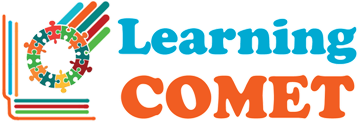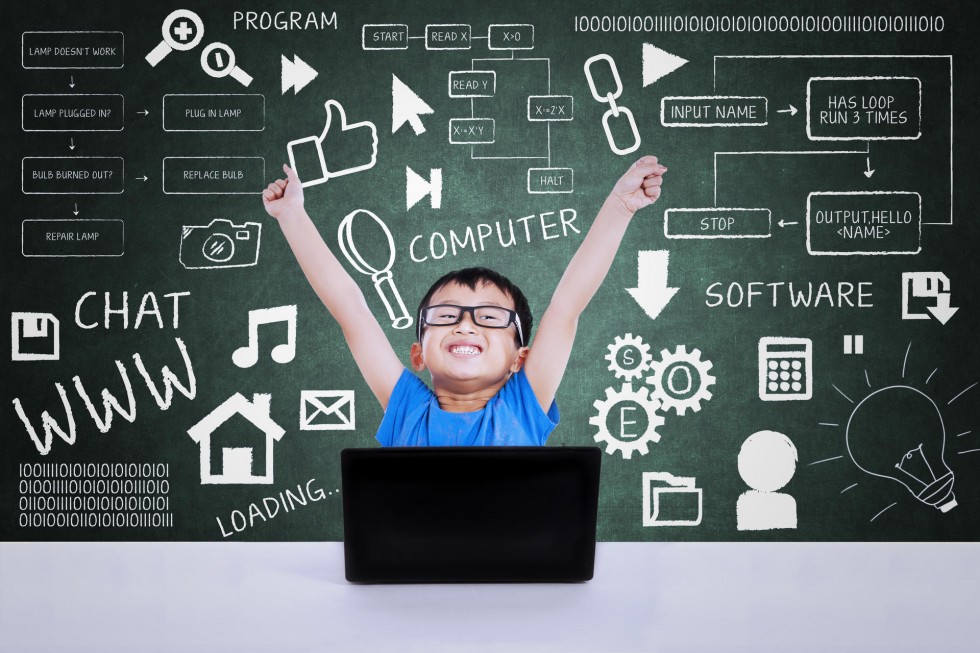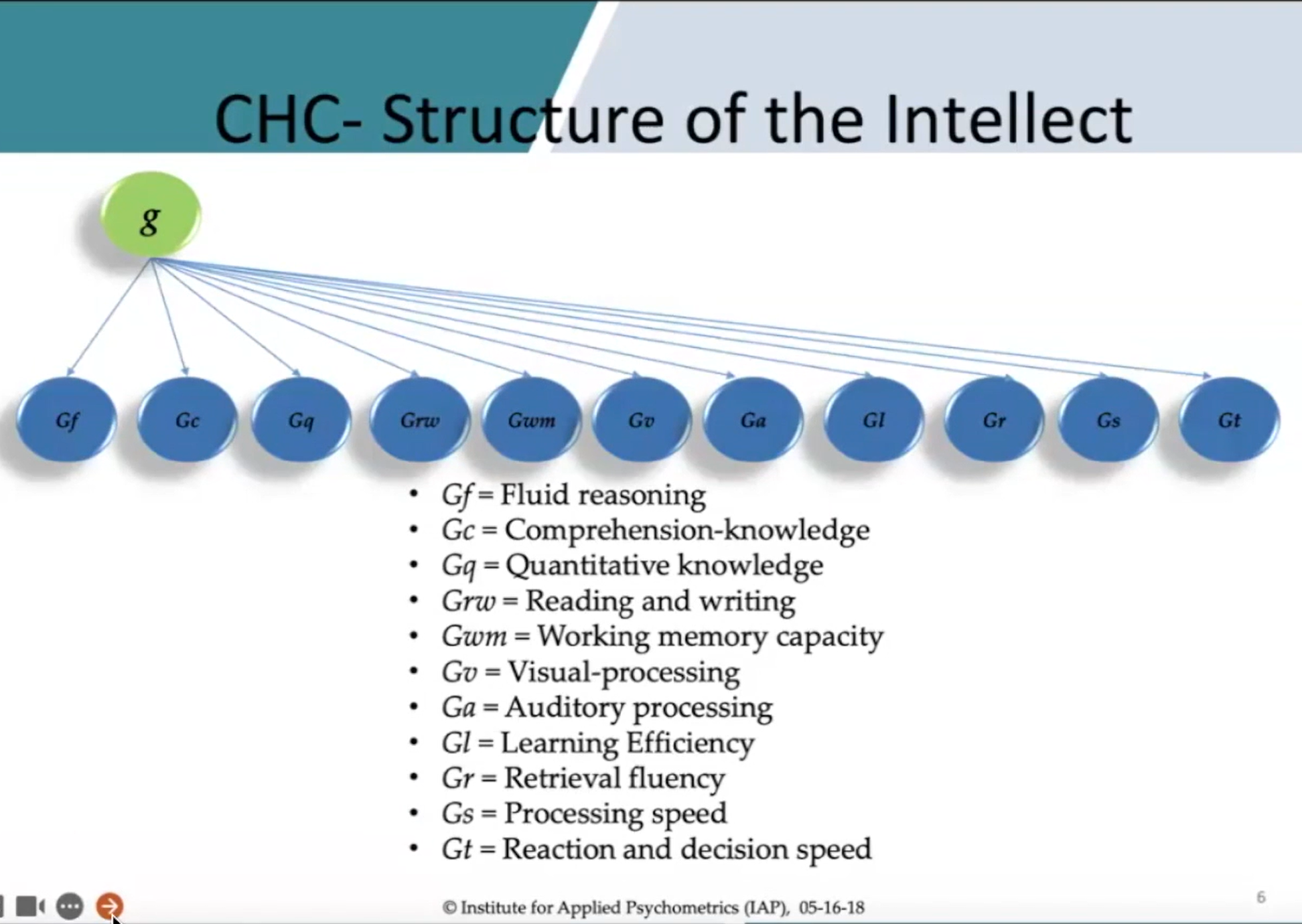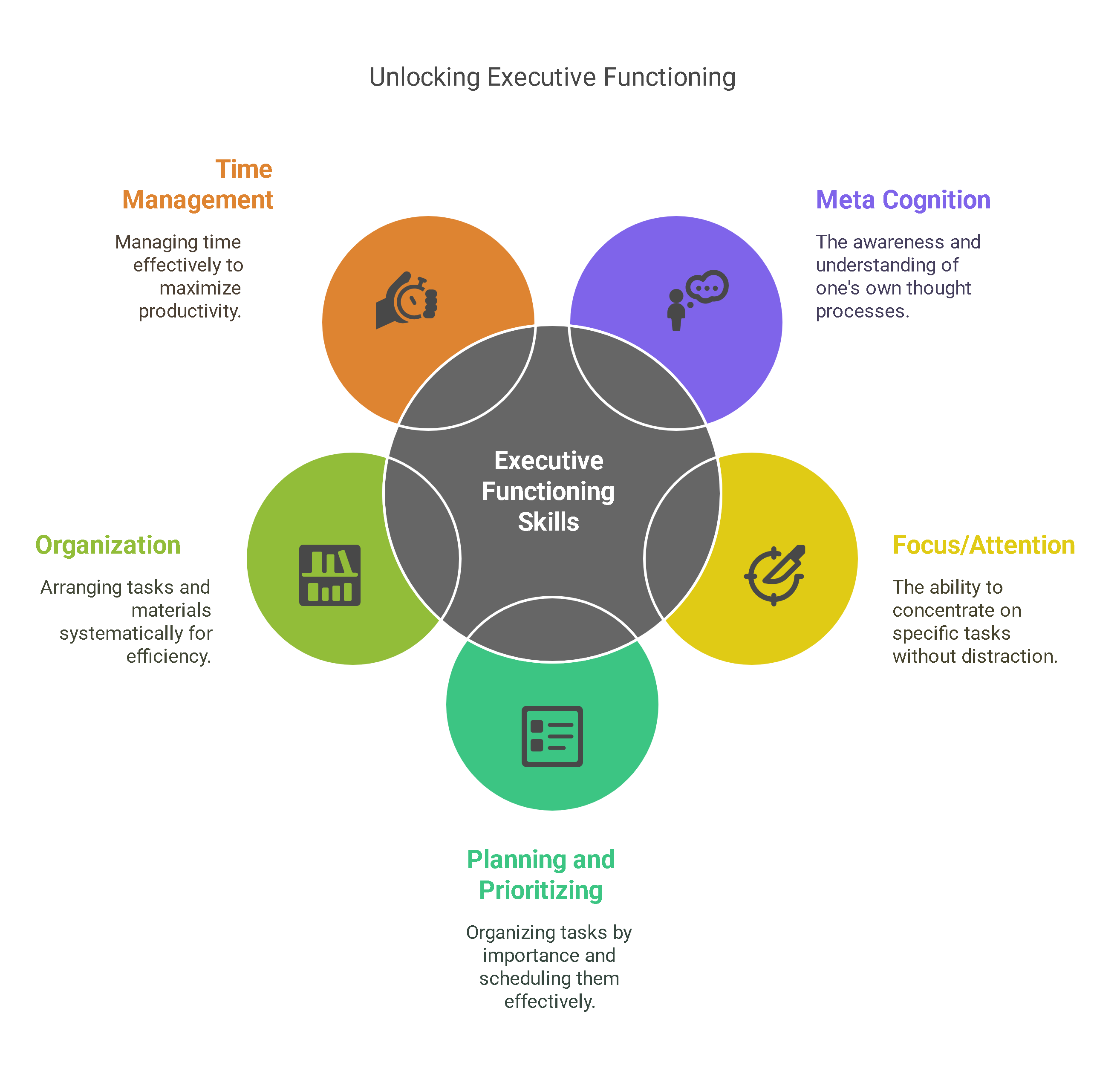What is EDUCATIONAL THERAPY ?
Does My Child Or Adolescent Need Educational Therapy?
The need for educational therapy may be identified in a number of ways. If your child or adolescent has never been identified by specialists or school personnel, you may have observed some of the following indicators:
- Early ear infections, delay in learning language, and difficulty maintaining concentration, remembering, and/or paying attention.
- Loss of self-esteem regarding school performance.
- Resistance going to school or participating in normal childhood activities.
- Lack of progress at school and questions about ability to learn or to benefit from school.
- Extreme amount of time and parent support to get homework tasks done.
- Struggles with homework and school assignments that increase as schoolwork becomes harder.
- Discouragement and withdrawal.
If your child or adolescent has been identified by a specialist or school personnel, you may still find that:
- your child appears to require additional individualized interventions beyond those offered at school.
- your child is receiving services from multiple specialists, and you need assistance in coordinating services.
- you need assistance in interpreting reports and recommendations from various specialists who work with your child.[
- (https://www.aetonline.org/)
Children naturally want to succeed in school. If a child continues to struggle despite interventions from parents, teachers, or private tutors, an evaluation by a licensed neuropsychologist or clinical psychologist specializing in learning issues is essential.
Rather than attributing a student's poor performance to lack of effort, it is crucial to identify the factors hindering their progress. Learning problems do not resolve on their own, making early intervention vital to prevent self-esteem issues and unnecessary stress.
We can solve these challenges with EDUCATIONAL THERAPY
Educational therapy is a form of individualized instruction designed to help students with learning differences or challenges achieve academic success. Unlike traditional tutoring, which typically focuses solely on subject matter, educational therapy addresses academic skills and underlying cognitive, emotional, and executive functioning issues that impede learning.
WHAT KEY SKILLS DOES EDUCATIONAL THERAPY UNLOCK?
Our EDUCATIONAL THERAPY SERVICES include THREE COMPONENTS: ACADEMIC, SOCIAL-EMOTIONAL SKILL DEVELOPMENT, and EXECUTIVE FUNCTIONING SKILLS DEVELOPMENT
ACADEMIC
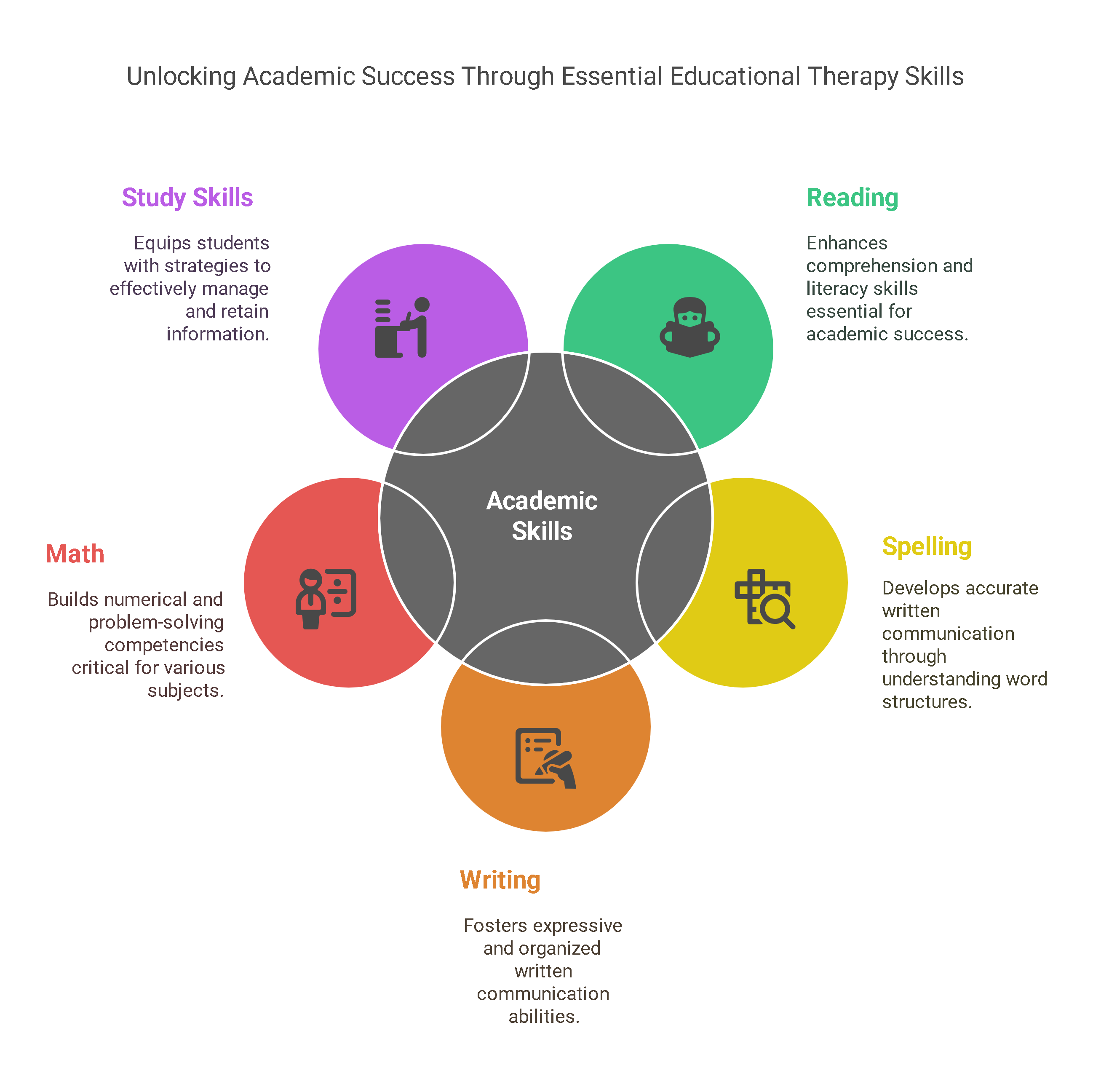 Our Academic component is focused on The Science of READING APPROACHES BASED PROGRAMS:
Our Academic component is focused on The Science of READING APPROACHES BASED PROGRAMS:
All the programs are based on Orton-Gillinham :
-
Barton Reading and Spelling System
-
Wilson Intervention, Fundations
-
FastForWord
Our ACADEMIC component focuses on the challenges and strenthing of the CHC- STRUCTURE OF INTELLECT
Social Emotional Skill Development: This comprised of evidence-based programs.
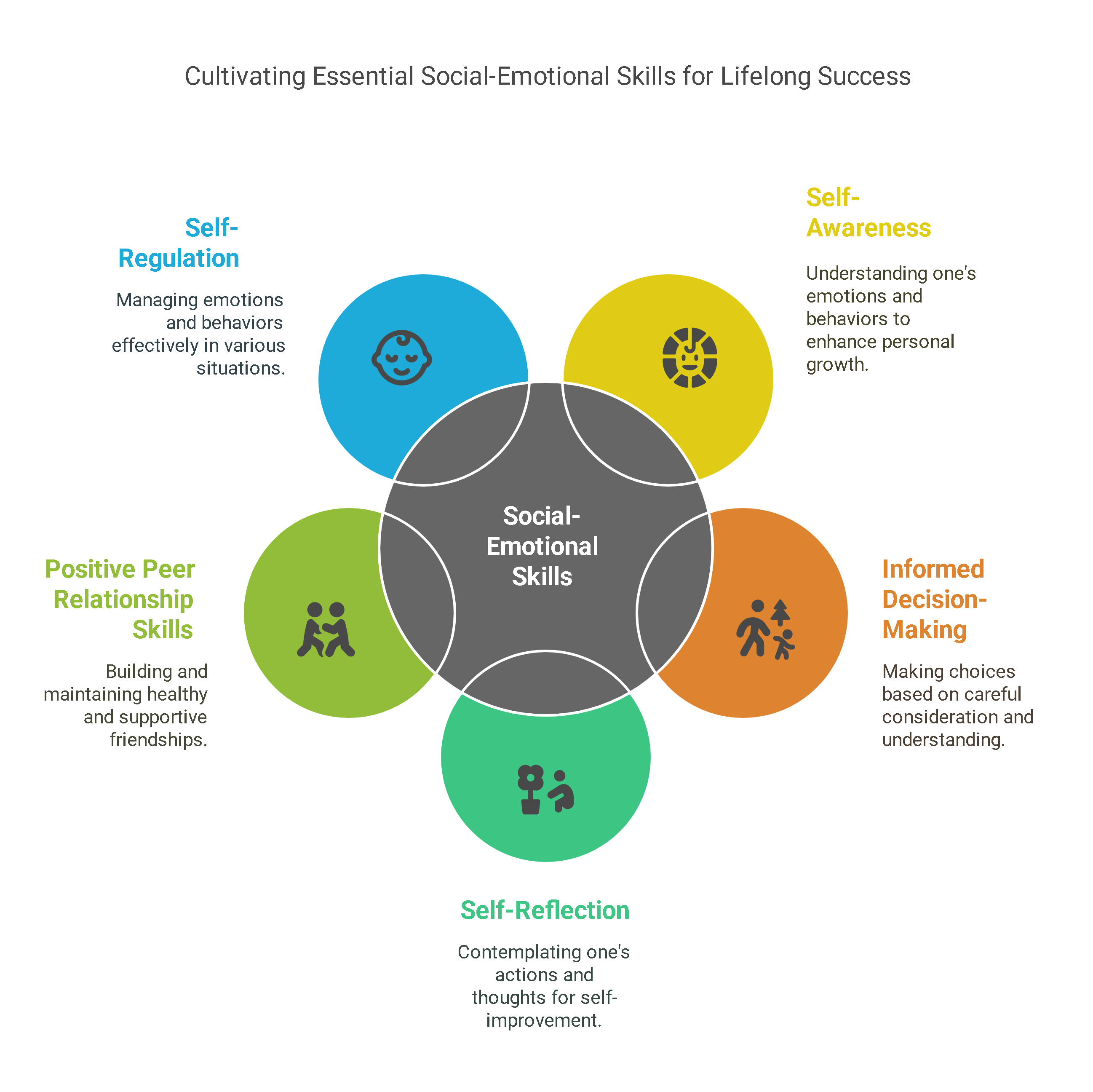
PEERS for Adolescents SOCIAL SKILLS PROGRAM UCLA Certified Provider and PEERS Telehealth San Diego Certified Provider (ENROLLING NOW )
Learn more about the program
Participants will learn about: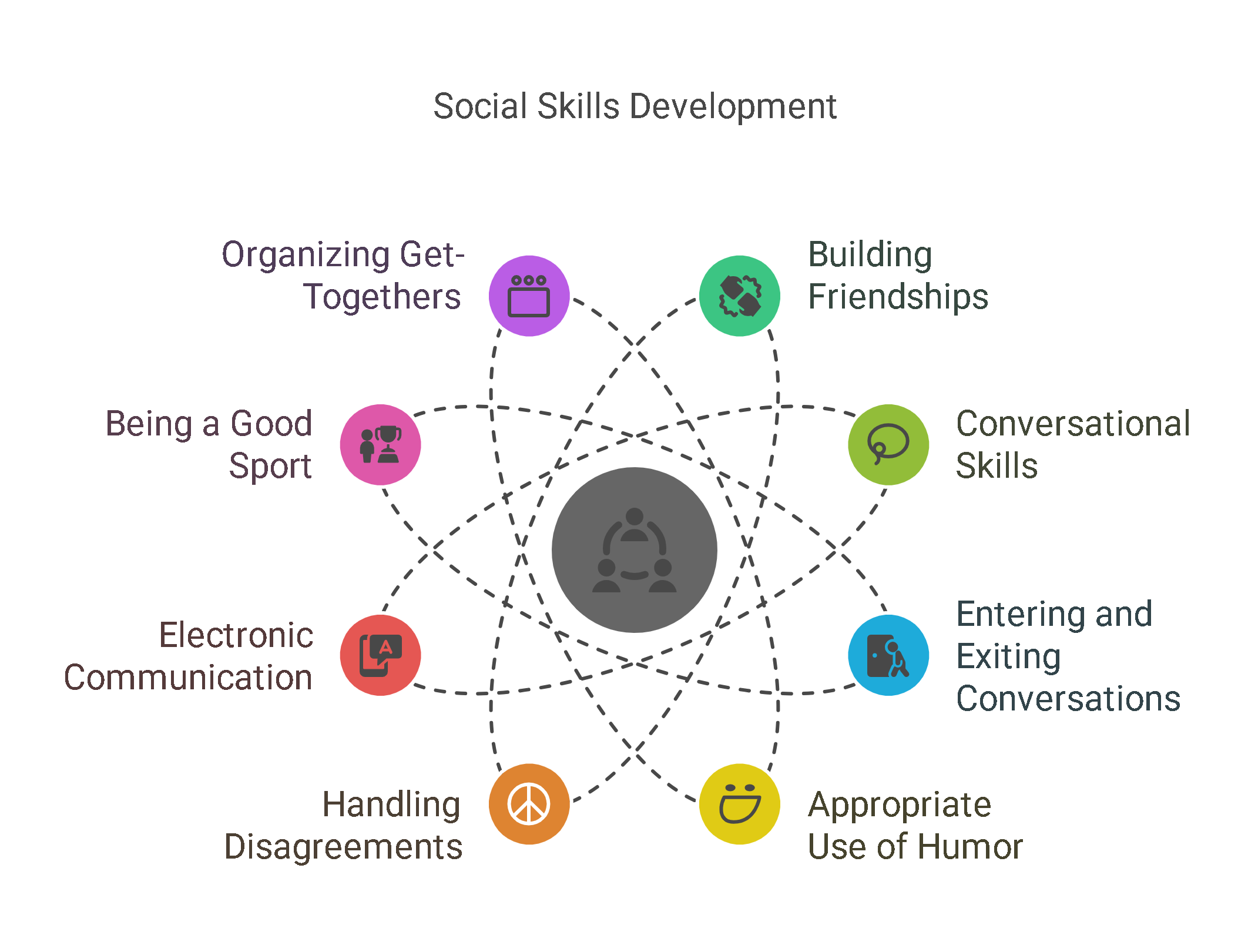
THIRD COMPONENT:
EXECUTIVE FUNCTIONING SKILL DEVELOPMENT
PROCESS:
Process of Educational Therapy: 
-
Assessment: Educational therapists begin with a comprehensive assessment to identify the student's strengths and areas of need. This can include standardized tests, observations, and informal assessments.
-
Individualized Instruction: Based on the assessment, an educational therapist creates a tailored intervention plan that targets specific difficulties. This may include reading, writing, math, study skills, and organizational strategies.
-
Cognitive and Emotional Support: Educational therapy also addresses cognitive processes such as memory, attention, and problem-solving, as well as emotional factors like motivation, self-esteem, and anxiety.
-
Holistic Approach: It often involves collaboration with other professionals, such as psychologists, speech therapists, and occupational therapists, to provide a holistic approach to the student's needs.
-
Skills Development: Focus on developing executive functioning skills like time management, goal setting, and self-monitoring, which are essential for academic and personal success.
-
Parental Involvement: Parents are often involved in the process to help reinforce strategies and support their child's learning at home.
 Benefits of Educational Therapy:
Benefits of Educational Therapy:

Who Can Benefit?

Location of Services:
I prefer to serve students in my home office. I do not serve students in their home-boundary and attentional difficulties.
Sessions are conducted one-on-one with the educational therapist and student working intensively together for 50 minutes. While it is recommended that students meet with the therapist for at least two sessions per week, the plan is individualized and discussed during the intake session.
We begin with a brief assessment of your child’s current skills, if any mentioned in the IEP or 504, and create an individualized plan to build upon current strengths and address weaknesses
COLLABORATION
Our Educational Therapist will meet weekly with parents to share progress and referrals (if needed). We also include your child’s classroom teacher and other related services in planning and progress reports.
